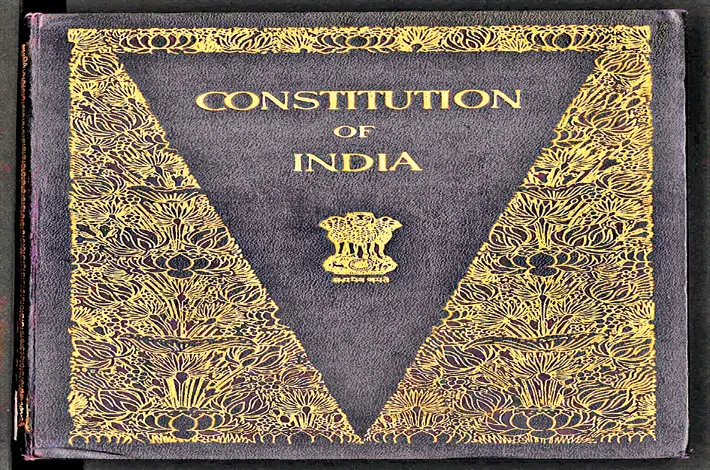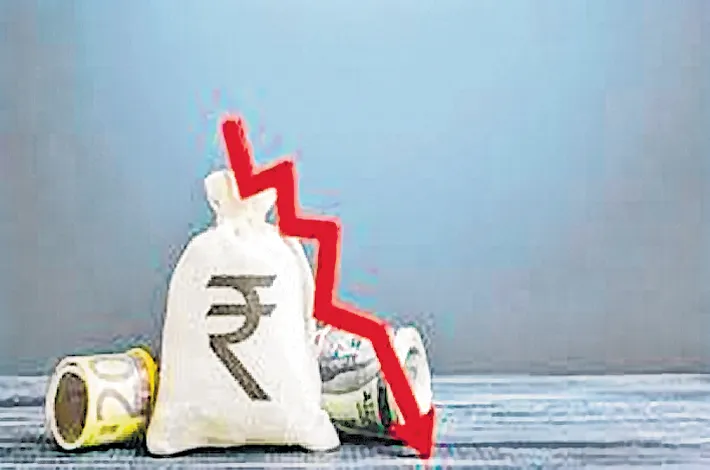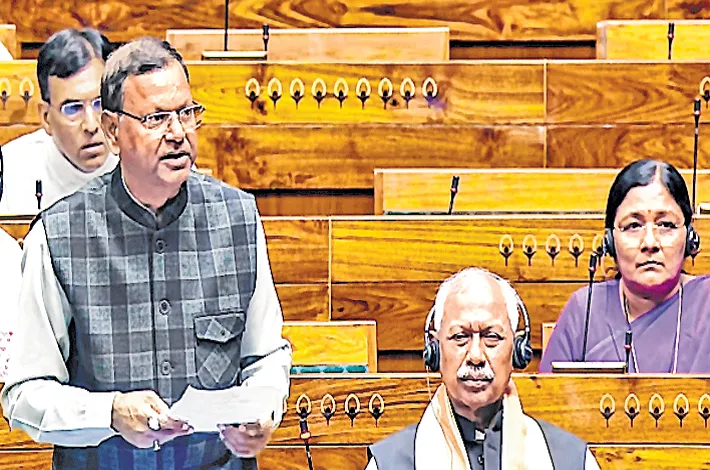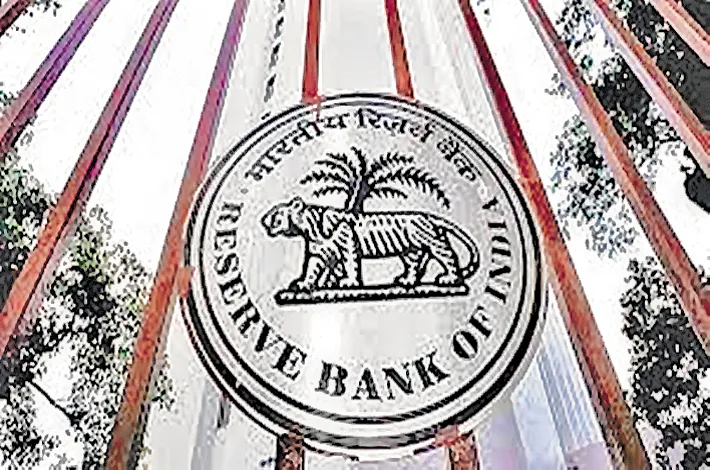Our Parliament was the Constituent Assembly
17-01-2025 12:00:00 AM

The present Parliament is the former Constituent Assembly before 1950. The Parliament consists of two houses Rajya Sabha and Lok Sabha besides the President. Rajendra Prasad was the president of the Constituent Assembly. Rajya Sabha had no opposition leader, chief whip, or leader.
The relationship between the Constituent Assembly and the Parliament is important to understand. The Constituent Assembly was formed to draft the Constitution and ceased to exist once its task was completed. Upon the adoption of the Constitution on January 26, 1950, the Constituent Assembly transformed into the Provisional Parliament until the first general elections were held later that year. Subsequently, the Parliament of India became responsible for making laws in accordance with the principles and provisions laid down in the Constitution.
Subhash C. Kashyap says:
1. “Nehru was the Assembly’s philosopher and its prime constitution thinker. He paid the most meticulous attention to the fundamentals.
2. He laid down these fundamentals through the Objectives Resolution and as the chairman of the most important committees like the States Committee, the Union Powers Committee, and the Union Constitution Committee.
3. Also, he played a crucial role in settling many controversial issues in the Constituent Assembly, in its committees, and in the informal, behind-the-scene discussions.
4. While others fashioned its structure and shape, most significantly Nehru provided the Constitution's philosophy and vision.
5. In fact, he envisioned a total system for national regeneration standing on the value pillars of secularism, socialism, parliamentary democracy, and integrity and unity of the nation.
6. It is a pity that not enough has been done in the academia and elsewhere in the direction of assessing the unique contribution of Nehru to the making and working of the Constitution.”
Austin pointed out: Granville Austin, an American historian.
“Democratic decision-making by the members of the Congress Assembly Party and the Oligrachy’s refusal to arrogate to itself all wisdom and authority helped to make possible a generally acceptable Constitution. Had the Constitution come from the Constituent Assembly sanctioned by a meagre majority, opposed by many, it would have been attacked as unworthy of general support and unrepresentative of India’s best interests. But the [Constituent] Assembly adopted the Constitution, despite some of the members’ misgivings, by acclamation.
It could be presented to the nation as the realization of Nehru’s original aim: it had been drafted with the welfare of four hundred million Indians in mind”, explaining Prime Minister Nehru’s democratic approach of accommodating diverse points of view made the entire nation welcome the final Constitution.
Prominent members of the Constituent Assembly who participated and contributed were: Dr B.R. Ambedkar: “I am quite convinced that given time and circumstances nothing in the world will prevent this country from becoming one. With all our castes and creeds, I have not the slightest hesitation that we shall in some form be a united people.”
M.R. Masani: “I approach this part of the resolution, Sir, as a democratic socialist, a socialist who feels that democracy needs to be extended from the political to the economic and social spheres and that, if socialism does not mean that, then it spite of the fact that neither the word ‘democracy’ nor the word ‘Socialist’ finds a place in its Preamble.”
In January 1947, the consensus among the members vis-à-vis the aforementioned objective resolution was visible. On 22-1-1947, the resolution of 13-12-1946 was adopted and passed and this objective resolution thus became the Preamble to the Constitution.
The word ‘secular’ was missing during the early discussions on the Preamble, however, in this debate, Brajeshwar Prasad moved the motion to amendment and include the words: “secular, cooperative commonwealth to establish socialist order”. Brajeshwar Prasad also wanted to include ‘adequate means of livelihood’; ‘free medical aid’; ‘free and compulsory education’ and ‘free military training’ in his version of the Preamble as well. The motion was, however, negated as well.-Prof. Madabhushi Sridhar Acharyulu, LL.D., Former Central Information Commissioner)








